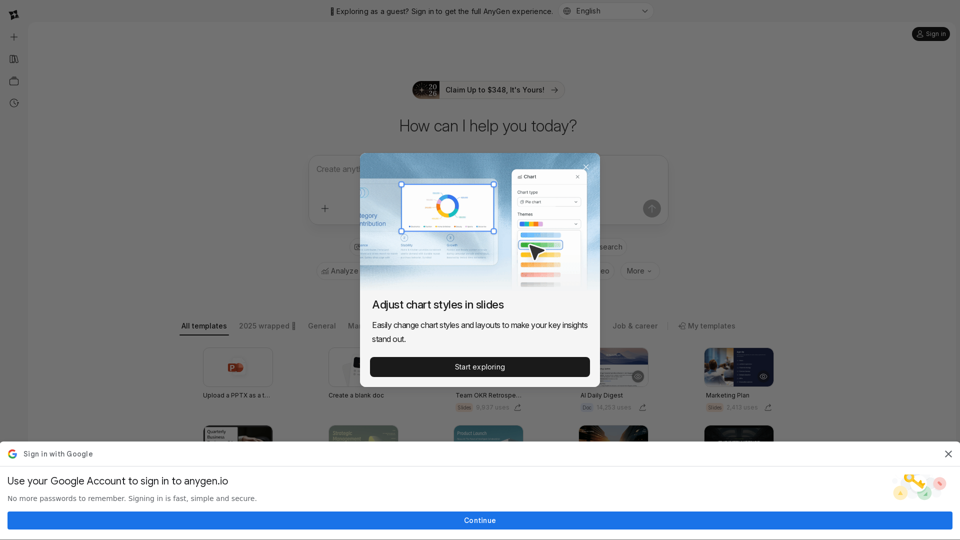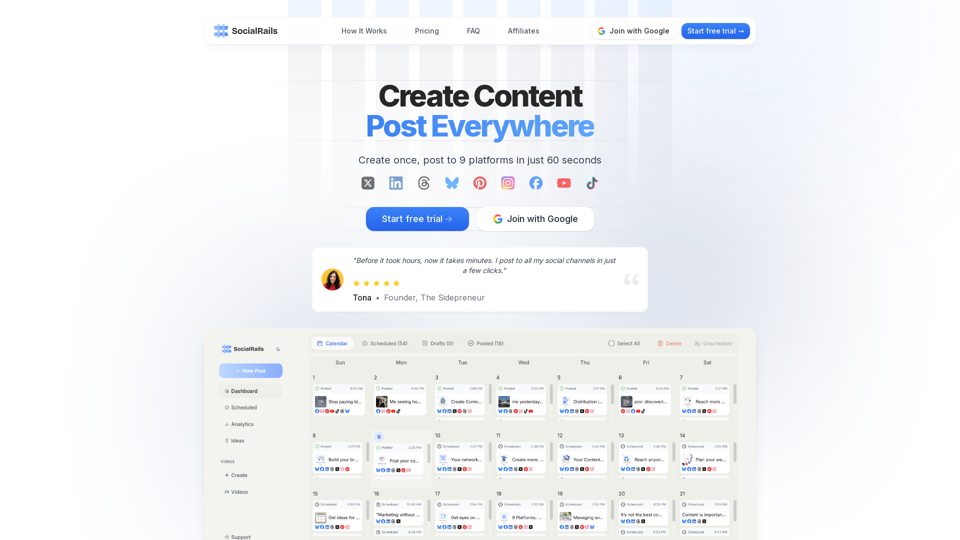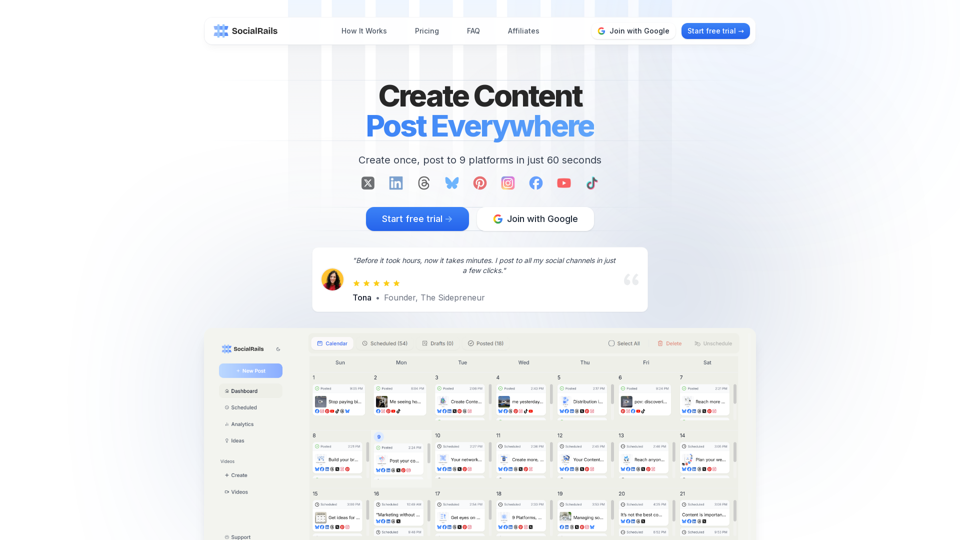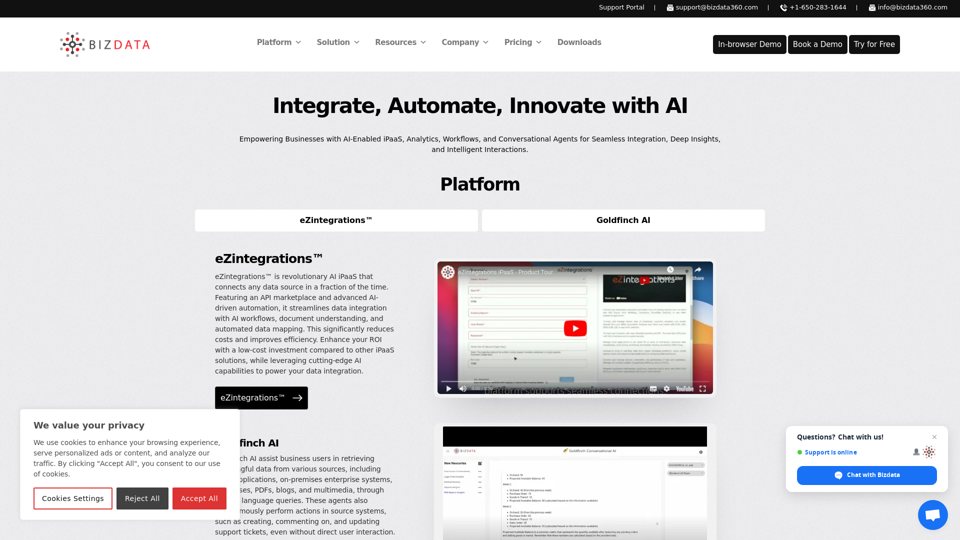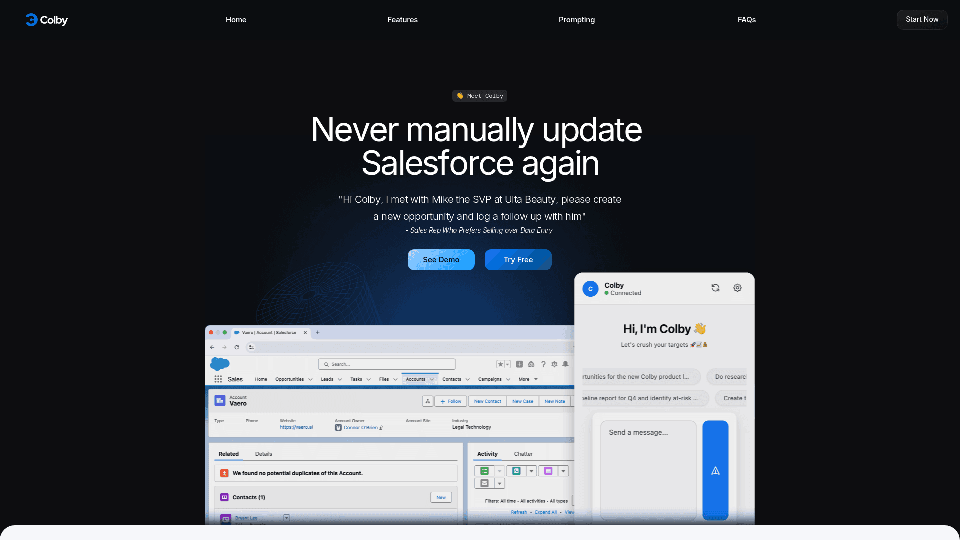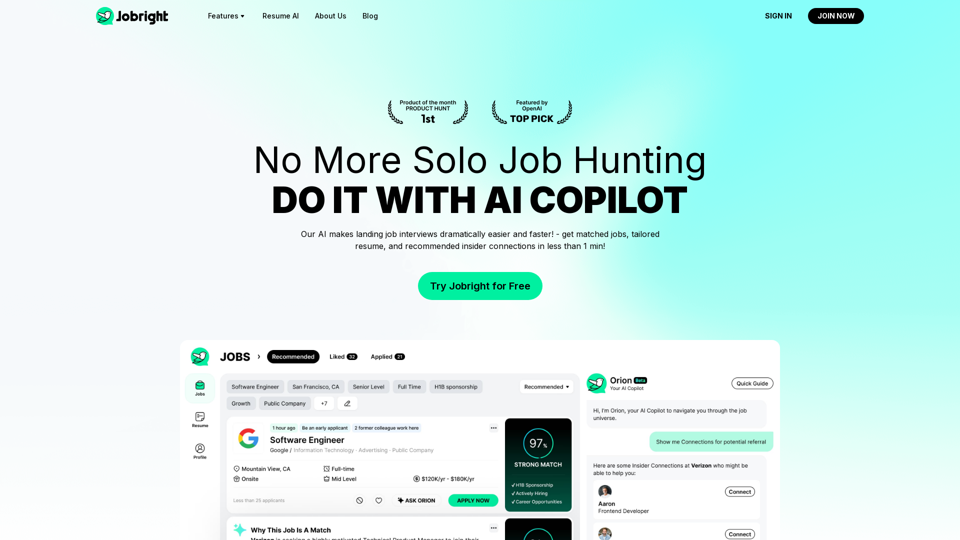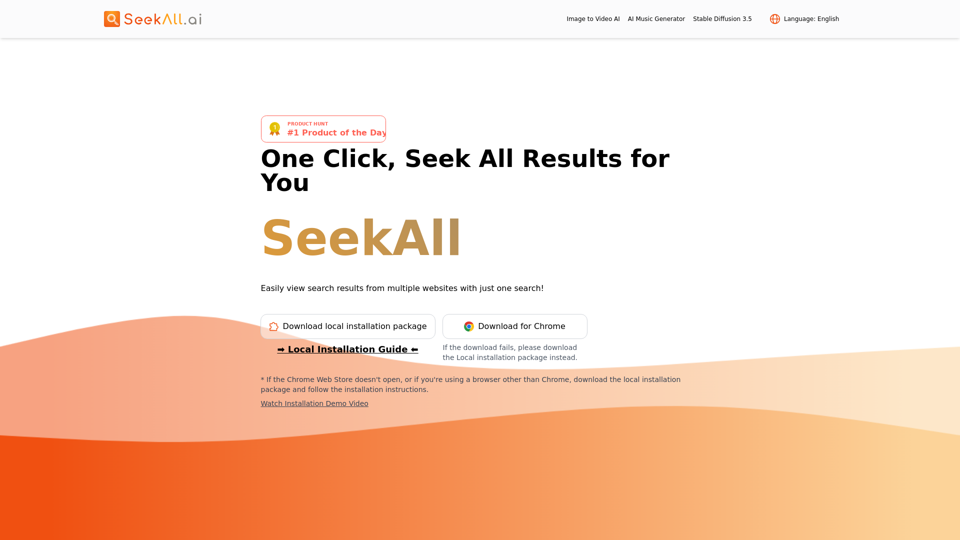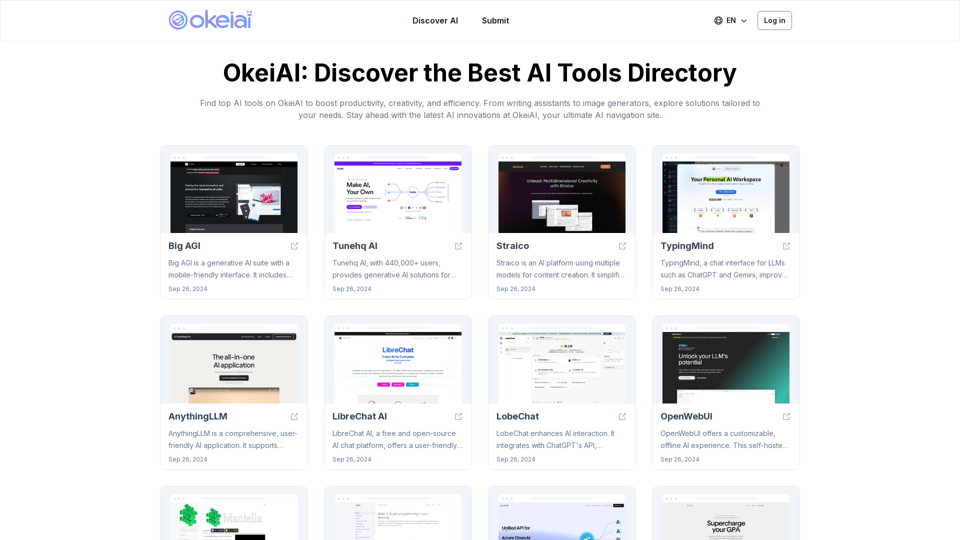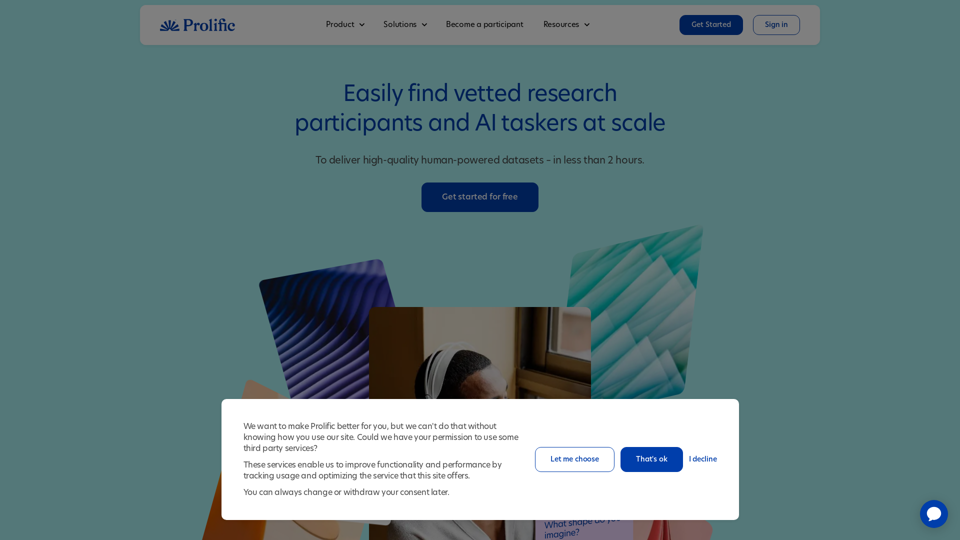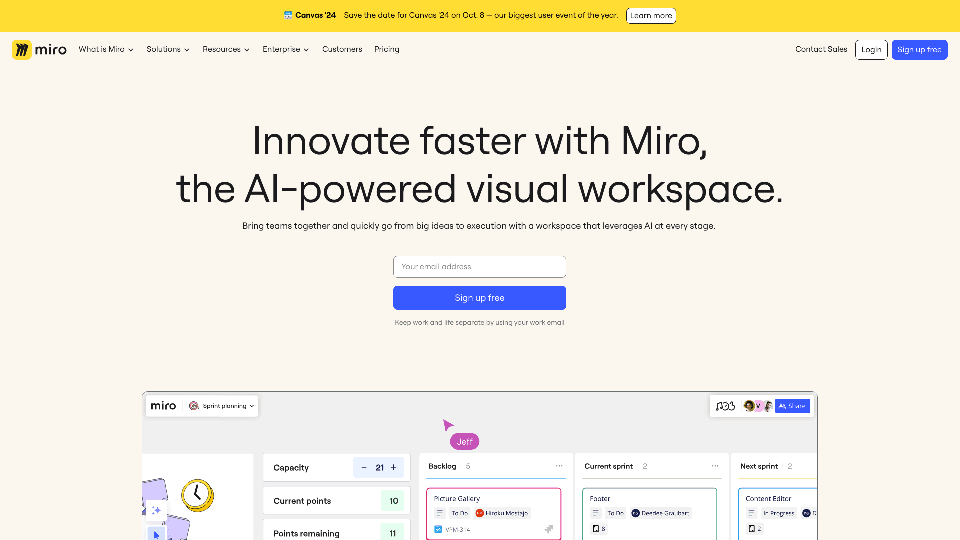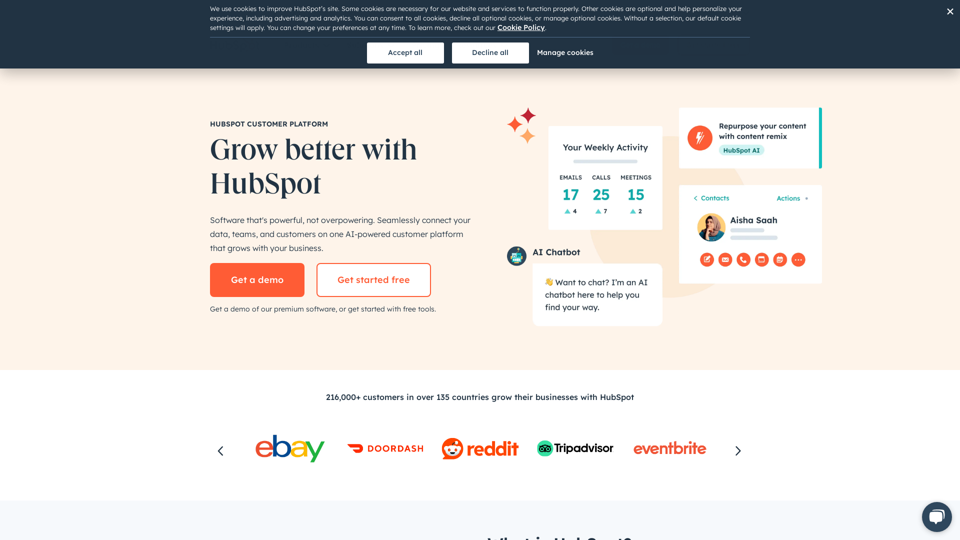What's AI in Business?
Artificial Intelligence (AI) in business refers to the integration of machine learning, natural language processing, and other advanced technologies to automate processes, enhance decision-making, and improve customer engagement. AI is transforming industries by streamlining operations, providing data-driven insights, and fostering innovation.
Benefits of AI in Business
Improved Decision-Making
- Data-Driven Insights: AI analyzes large datasets to uncover patterns and trends, enabling businesses to make informed decisions.
- Predictive Analytics: AI forecasts future trends, helping businesses anticipate market demands and adjust strategies accordingly.
Enhanced Efficiency and Productivity
- Automation: AI automates repetitive tasks, freeing employees to focus on strategic activities.
- Process Optimization: AI streamlines operations, reducing costs and improving efficiency.
Personalized Customer Experiences
- Customized Interactions: AI tailors services and recommendations based on individual customer data, enhancing satisfaction and loyalty.
Risk Management and Fraud Detection
- Real-Time Monitoring: AI identifies anomalies and potential risks, enabling timely interventions to prevent fraud and security breaches.
How to Use AI in Business
Implementing AI Tools
- Identify Business Needs:
- Determine which areas can benefit from AI, such as customer service, marketing, or logistics.
- Select Appropriate AI Tools:
- Choose tools that align with your business objectives, such as chatbots for customer service or predictive analytics for market research.
- Develop Skills and Training:
- Ensure your team is equipped with the necessary skills to leverage AI effectively.
AI in Various Business Functions
- Marketing: Use AI for audience segmentation, personalized marketing, and campaign optimization.
- Sales: Implement AI for lead generation, demand forecasting, and automating sales processes.
- Customer Service: Deploy AI-powered chatbots and self-service systems to enhance customer support.
- Human Resources: Utilize AI for candidate screening, employee engagement, and workforce planning.
- Cybersecurity: Leverage AI for threat detection and response to safeguard against cyberattacks.
Overcoming Challenges
- Ethical Considerations: Address privacy and security concerns by implementing robust data governance frameworks.
- Integration Issues: Ensure AI systems are compatible with existing processes and infrastructure for seamless integration.
AI is a powerful tool that, when strategically implemented, can drive significant benefits across various business functions. By understanding and leveraging AI's capabilities, businesses can enhance efficiency, improve decision-making, and foster innovation.

